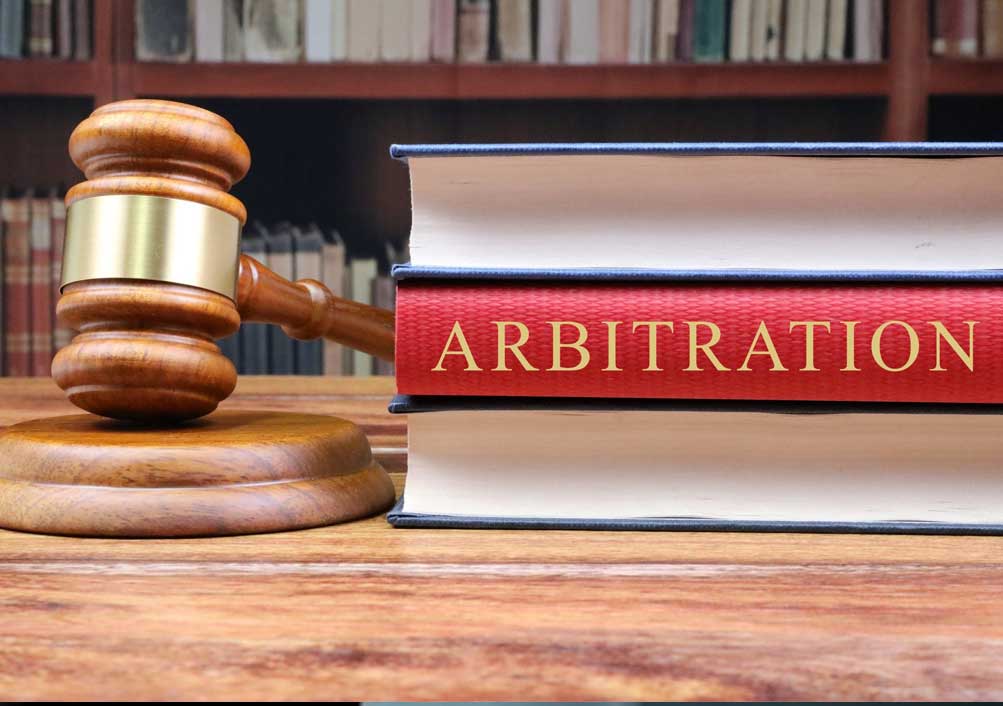If contract expressly bars payment of interest, then it is not open for Arbitrator to grant pendente lite interest:SC

Read Judgment: Garg Builders vs. Bharat Heavy Electricals Limited
Pankaj Bajpai
New Delhi, October 6, 2021: The Supreme Court has opined that when the contract prohibits pre-reference and pendente lite interest, the arbitrator cannot award interest for the said period.
A Division Bench of Justice Abdul Nazeer and Justice Krishnamurari observed that if the contract contains a specific clause which expressly bars payment of interest, then it is not open for the arbitrator to grant pendente lite interest.
In the present case, clause barring interest is very clear and categorical which uses the expression “any moneys due to the contractor” by the employer which includes the amount awarded by the arbitrator, added the Court.
The observation came pursuant to an Appeal challenging the Order of the Division Bench of High Court of Delhi whereby it had upheld the judgment of the Single Judge resulting in denial of pendente lite interest on the award amount to the appellant.
The background of the case was that the respondent floated a tender for construction of boundary wall at Pragati III Combined Cycle Power at Bawana, Delhi (Project). In response, the appellant submitted its bid for the project which was accepted by the respondent.
Later, respondent issued a Letter of Intent (LOI) to the appellant and the parties entered into a contract which, inter alia, contained a clause that no interest shall be payable by BHEL on Earnest Money Deposit, Security Deposit or on any moneys due to the contractor.
However, disputes arose between the parties and subsequently the appellant filed a petition u/s 11 of the Arbitration and Conciliation Act, 1996, as a result of which the Sole Arbitrator concluded that there was no prohibition in the contract and LOI about payment of interest for the presuit, pendente lite and future period.
Therefore, the Arbitrator awarded pendente lite and future interest at the rate of 10% p.a. to the appellant on the award amount from the date of filing of the claim petition till the date of realization of the award amount.
The said award was challenged by the respondent u/s 34 of the 1996 Act on the ground that the Arbitrator being creature of the arbitration agreement travelled beyond the terms of the contract in awarding pendente lite interest on the award amount as the same was expressly barred in terms of the contract.
The challenge came to be accepted and the Single Judge set aside the arbitral award to the extent of pendente lite interest. This decision was also upheld by the Division Bench of the High Court.
The Top Court noted that the provisions of the 1996 Act give paramount importance to the contract entered into between the parties and categorically restricts the power of an arbitrator to award pre-reference and pendente lite interest when the parties themselves have agreed to the contrary.
The Top Court noted that according to Section 28, a contract is void to the extent it restricts absolutely a party from enforcing his rights by usual proceedings in ordinary courts or if it limits the time within which he may enforce his rights.
A lawful agreement to refer the matter to arbitration can be made a condition precedent before going to Courts and it does not violate Section 28, as no cause of action then accrues until the Arbitrator has made the award and the only amount awarded in such arbitration is recoverable in respect of the dispute so referred, added the Court.
The Apex Court further went on to observe that Section 31(7)(a) of the 1996 Act which allows parties to waive any claim to interest including pendente lite and the power of the Arbitrator to grant interest, is subject to the agreement of the parties.
Thus, when there is an express statutory permission for the parties to contract out of receiving interest and they have done so without any vitiation of free consent, it is not open for the Arbitrator to grant pendente lite interest, added the Court.
Accordingly, the Apex Court concluded that Clause 17 of the contract was not ultra vires in terms of Section 28 of the Indian Contract Act, 1872.
Sign up for our weekly newsletter to stay up to date on our product, events featured blog, special offer and all of the exciting things that take place here at Legitquest.




Add a Comment